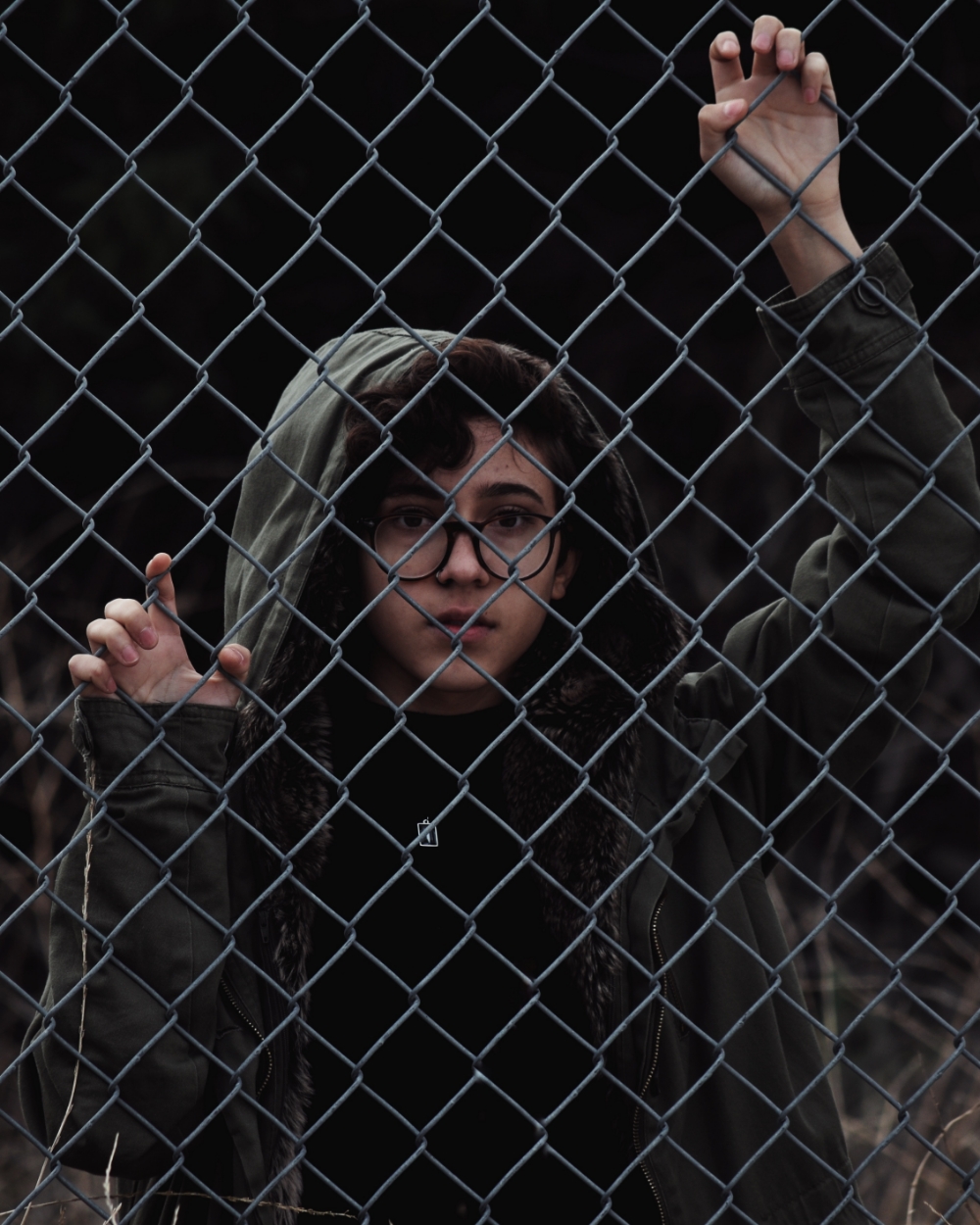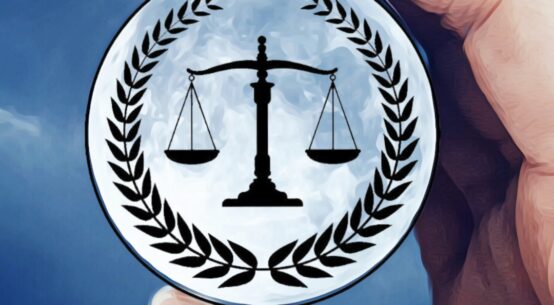Human Rights Laws | Judicial Reform | Society
Supreme Court Laments: Delays Are a Form of Suffering
On July 21, the Supreme Court of India delivered a pointed message: prolonging criminal cases beyond reason inflicts suffering equivalent to “mental incarceration.” In reducing the sentence of a then-75-year-old woman convicted in a decades-old corruption case, Justices N. V. Anjaria and A. S. Chandurkar emphasized that extended litigation causes deep, enduring harm—both psychologically and constitutionally. (ThePrint)
The Case at Issue: Justice After 22 Years
The case stemmed from a 2002 conviction under the Prevention of Corruption Act. The convict, who served as a Central Excise Inspector, was sentenced to one year’s imprisonment. However, appeals and delays dragged the process on for two decades. With the petitioner now elderly, the Court reduced her sentence to reflect the time already served—but increased the fine by ₹25,000. This balancing act underscored the notion that the passage of time can itself undermine the criminal justice process. (ThePrint)
Speedy Trial: A Constitutional Essential
Right Recognized, Yet Elusive
The right to a speedy trial is a fundamental component of Article 21 of the Indian Constitution. The landmark case, Hussainara Khatoon v. State of Bihar (1979), catalyzed this recognition by highlighting rampant undertrial detention. Subsequent rulings—such as Antulay v. Nayak (1992) and Kartar Singh v. Punjab (1994)—established guidelines—like the length of delay and prejudice caused—approved by courts to ensure timely justice. (thelaw.institute, Legal Service India)
No Fixed Schedules, But Rigorous Balancing
The Supreme Court has continuously resisted imposing rigid timelines, noting variability in case complexity and judicial capacity. Instead, it mandates that courts must assess each case individually, considering delay length, cause, authority, and actual harm. Even so, unreasonable delay without valid justification can constitute a breach of fundamental rights. (indiankanoon.org, lawweb.in)
Why These Delays Matter
Protracted proceedings do more than inconvenience—they erode liberty and fairness. Indian courts are heavily burdened, with estimates showing nearly 75% of prisoners are undertrials and judicial vacancies remain alarmingly high. (Hindustan Times, Wikipedia)
Judges have warned that indefinite delays not only harm the accused; they diminish public faith in the justice system, making “justice delayed” synonymous with “justice denied.” (Wikipedia, scconline.com)
Conclusion: Reform and Humanity in Criminal Justice
By calling out prolonged criminal proceedings as a form of suffering, the Supreme Court has renewed urgency for systemic reform. Swift release of judgments, timely hearings, and strategic judicial reforms are no longer procedural ideals—they’re constitutional imperatives.
As Justice Chandurkar noted: it’s not just about adjudicating guilt, but safeguarding human dignity through justice that’s both expeditious and fair.






